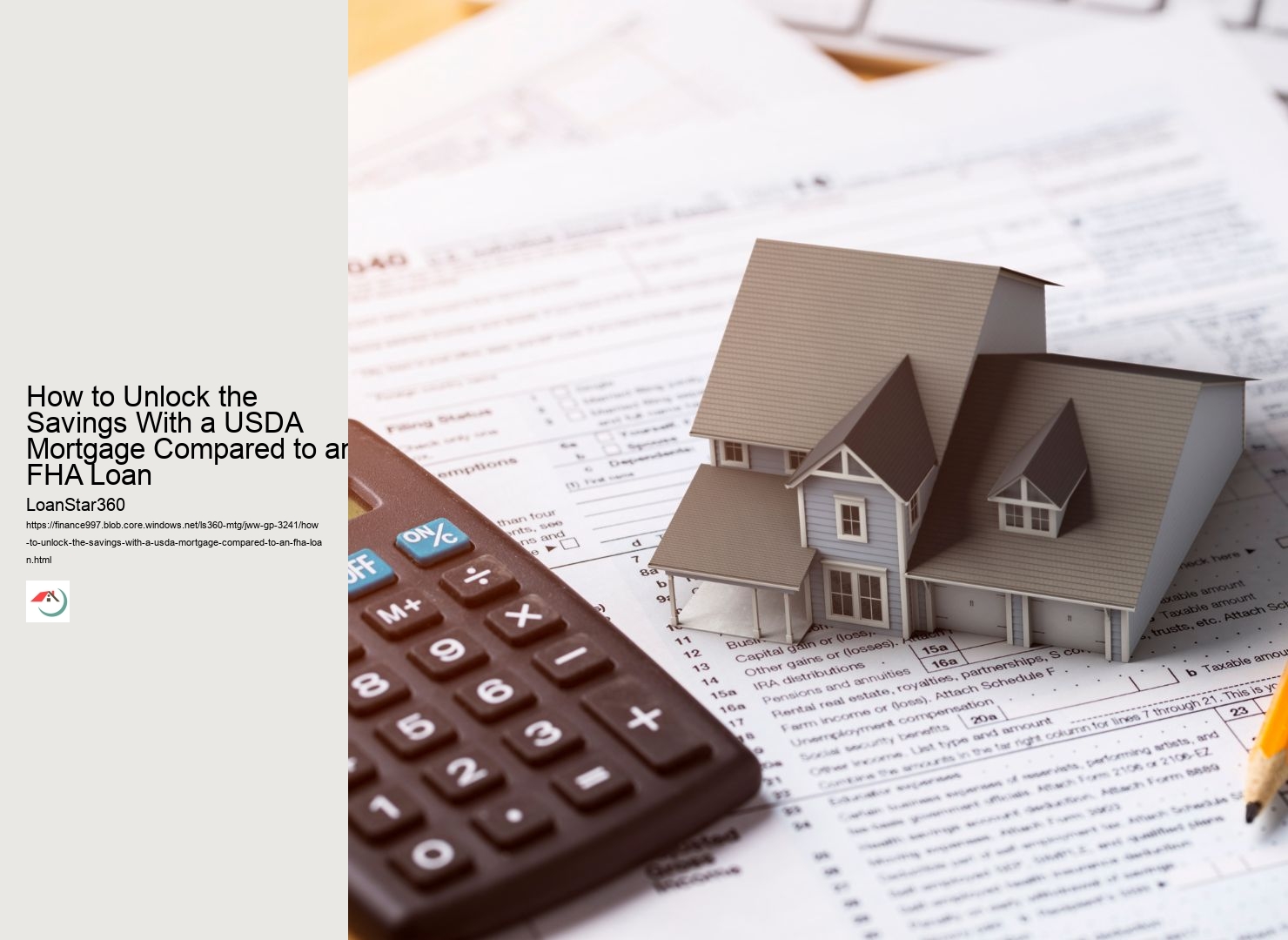
(Unlocking the savings with a USDA mortgage compared to an FHA loan can be quite daunting. But, if you understand the basics of both types of mortgages and how they compare, it can be much easier!)
Overview of USDA Mortgage:
A USDA Mortgage is a government-backed home loan that offers 100% financing (no down payment) and low interest rates to eligible borrowers in rural areas. It has flexible credit requirements, lower closing costs than an FHA loan, and no monthly mortgage insurance premium. The biggest benefit of a USDA loan is its low cost!
Overview of FHA Loan:
An FHA Loan is a government-backed mortgage insured by the Federal Housing Administration (FHA). It's designed for people with limited funds for down payments or who may have had some credit troubles in the past. An FHA loan usually requires as little as 3.5 percent down payment and allows for more lenient credit scores than conventional loans. It also typically comes with higher closing costs than other mortgages and an annual mortgage insurance premium that must be paid every month.
If you're wondering, What is the Difference Between an USDA Loan and an FHA Loan? is that the former is created for rural buildings as well as the latter is offered for buildings in both city and rural areas. Comparison: In terms of upfront costs, the USDA mortgage generally requires less money out-of-pocket than an FHA loan; however, there are still fees associated with each type of loan. The What is the Difference Between an USDA Loan and an FHA Loan? is that the previous is designed for rural homes and the latter is available for residential or commercial properties in both urban and also rural areas. When it comes to ongoing monthly expenses, neither type of loan requires monthly mortgage insurance premiums; however, an FHA loan does require an annual premium which adds to your overall cost over time. Additionally, both loans offer competitive interest rates but often times the rate on a USDA mortgage will be slightly lower than on an FHA loan due to its government backing status.
Ultimately though, when deciding between these two types of mortgages it's important to consider all aspects such as fees, insurance premiums, closing costs and interest rates before making a decision so you can make sure you're getting the best deal possible! Furthermore, exploring other options such as private lenders might prove advantageous depending on your individual circumstance! Overall though unlocking savings with either type is certainly doable so don't worry too much about making the wrong choice - just take some time doing research first!